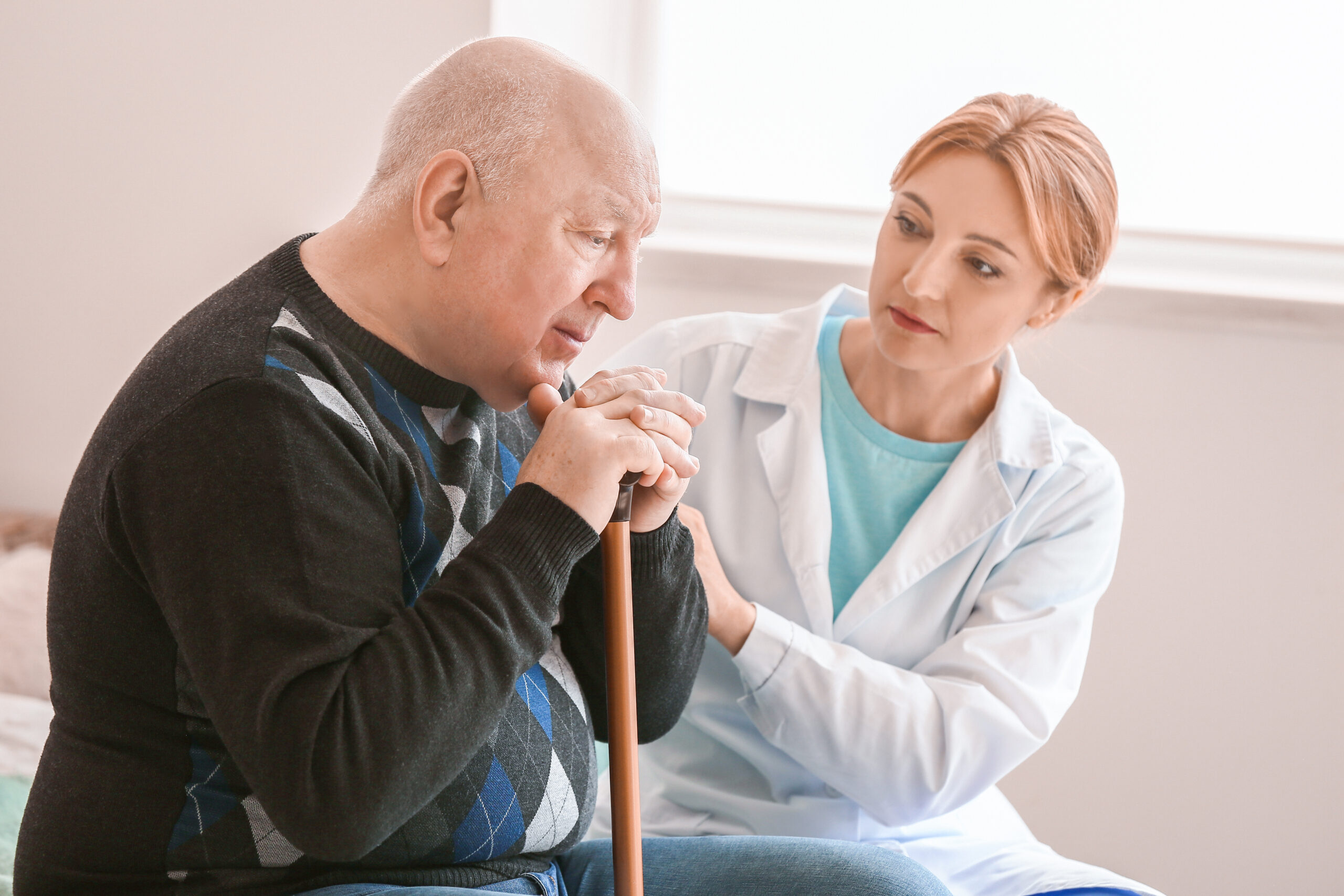Support Groups for Menopause: Online vs. In-Person Options
Navigating menopause can be a challenging journey, filled with physical and emotional changes. Support groups have become a vital resource for women going through this transition, offering a space to share experiences, learn coping strategies, and connect with others who understand what they’re going through. These groups come in two main forms: online and in-person, each with its own set of benefits.
Online support groups provide flexibility and accessibility, allowing women to participate from the comfort of their own homes. This is particularly beneficial for those who live in remote areas or have busy schedules. Telehealth platforms have made it easier for women to join sessions like the Menopause Support Group with DBT, which combines dialectical behavior therapy with peer support to help manage stress and improve quality of life. These groups often offer a sense of community without the need for physical travel, which can be especially helpful for those who feel isolated or prefer the anonymity of an online setting.
In-person support groups, on the other hand, offer a more personal and interactive experience. Meeting face-to-face can foster deeper connections and a stronger sense of camaraderie among participants. These groups often provide an opportunity for immediate feedback and support, allowing women to share their experiences and receive encouragement in real-time. In-person groups can also be more engaging, as they allow for non-verbal communication and shared activities that can enhance the bonding experience.
Both types of support groups are essential for helping women navigate the challenges of menopause. Whether online or in-person, these groups provide a safe space for women to discuss their symptoms, learn from each other’s experiences, and find practical solutions to manage their journey. They also serve as a reminder that no one has to go through menopause alone, offering a sense of solidarity and understanding that can be incredibly empowering.
In addition to support groups, educational programs and consultations with menopause specialists can offer valuable insights and personalized advice. These resources can help women make informed decisions about their health and well-being, whether it involves exploring hormone replacement therapy or adopting lifestyle changes to alleviate symptoms. By combining support groups with educational resources, women can better manage their menopause journey and improve their overall quality of life.





